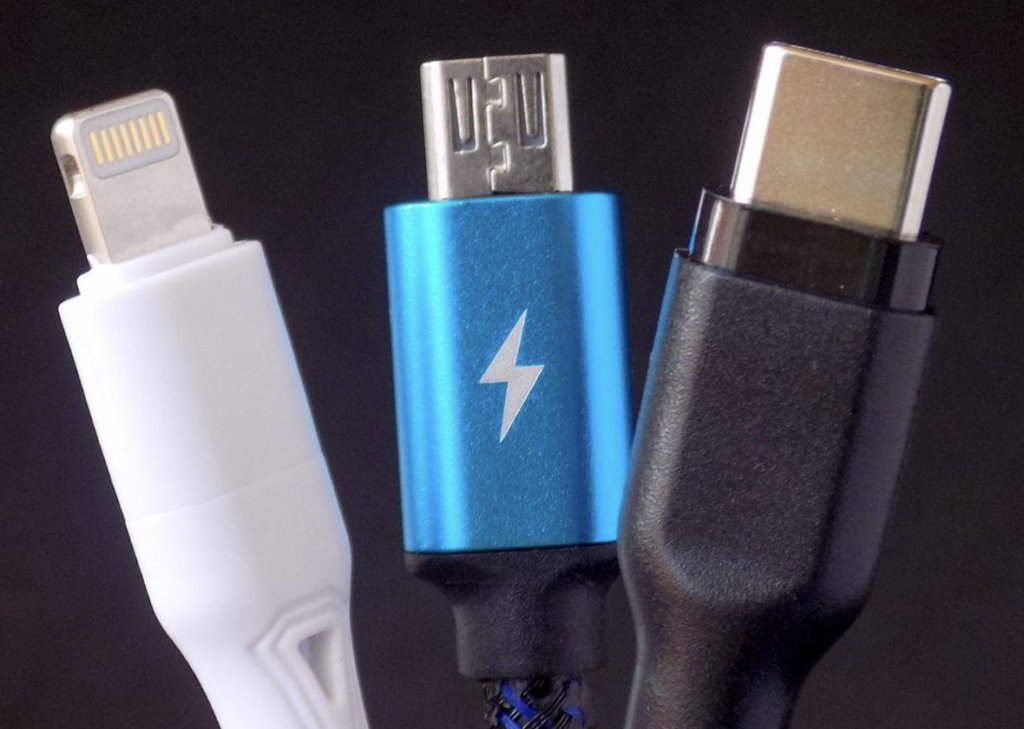FBI Warning People To Stop Charging Their Phones
Public charging stations open up your device for hackers to tap in and install malware and monitoring software on your phone.
This article is more than 2 years old

The FBI is warning travelers against using public charging stations. While these stations are convenient, especially when your cell phone is honing in on that 1 percent mark, it turns out that they can be incredibly dangerous. According to the government, the convenience of not needing to bring your charger with you is not worth the risk of getting hacked, and travel expert The Points Guy agrees.
While these little stalls have popped up everywhere and can be found anywhere from airports and hotels to restaurants, malls, and shopping centers, the FBI says to stay away at all costs. Unfortunately, whenever innovation tries to create something new for society, ne’er-do-wellers attempt to figure out whatever they can do to take advantage. People with bad intentions have turned these innocent-looking public charging stations into the new breeding ground for cell phone hacking.
It’s bad news for folks who have relied on these public charging stations to keep their phone juiced in the past. But fear not! There are ways to keep your phone charged while traveling without risking hackers tapping into your personal device and installing malware and monitoring software on your phone.
The first thing is to carry a portable charger with you. While public charging stations offer the convenient bonus of not needing to carry anything extra, charging bricks can be very small and fit snuggly in a purse, pocket, backpack, or suitcase. With a charging brick, there’s no need for a charging station because you’ll be carrying your own personal station with you anywhere you go.
The next option is to bring a wall adapter with you. Just like you charge your phone at home (unless you use a fancy wireless charger), you can use the bricks that you plug your USB cable into that stick into standard wall outlets. Again, the adapter is small, can fit into any travel bag or pocket, and is easy to use when the power on your phone starts to dwindle.
The only downside to the wall adapter option is that, unlike with a public charging station, wall outlets aren’t always easily accessible. You can usually find them at the airports, and there will always be one in your hotel room, but when out in public at a restaurant or store, they’re not always guaranteed. It’s because of this that we recommend portable chargers over adapters because, if they’re fully charged, portable chargers don’t need access to a wall outlet.
If you ever do plug your phone into a public charging station, make sure to block access when that little pop-up comes up on your screen asking if you trust the computer. You never want anyone you don’t know or trust accessing your personal files. This goes for any of your computers as well, including laptops and tablets.
Public charging stations might be convenient, but they aren’t worth the risk. We live in a day and age where a minute without our phones is enough to start a panic attack, so we get the hysteria that sets in the moment you’re in a public place, and your phone starts to die. But opening your phone up to hackers is never worth the risk—you could end up with an even more inconvenient situation on your hands than just a few hours with a dead phone.




